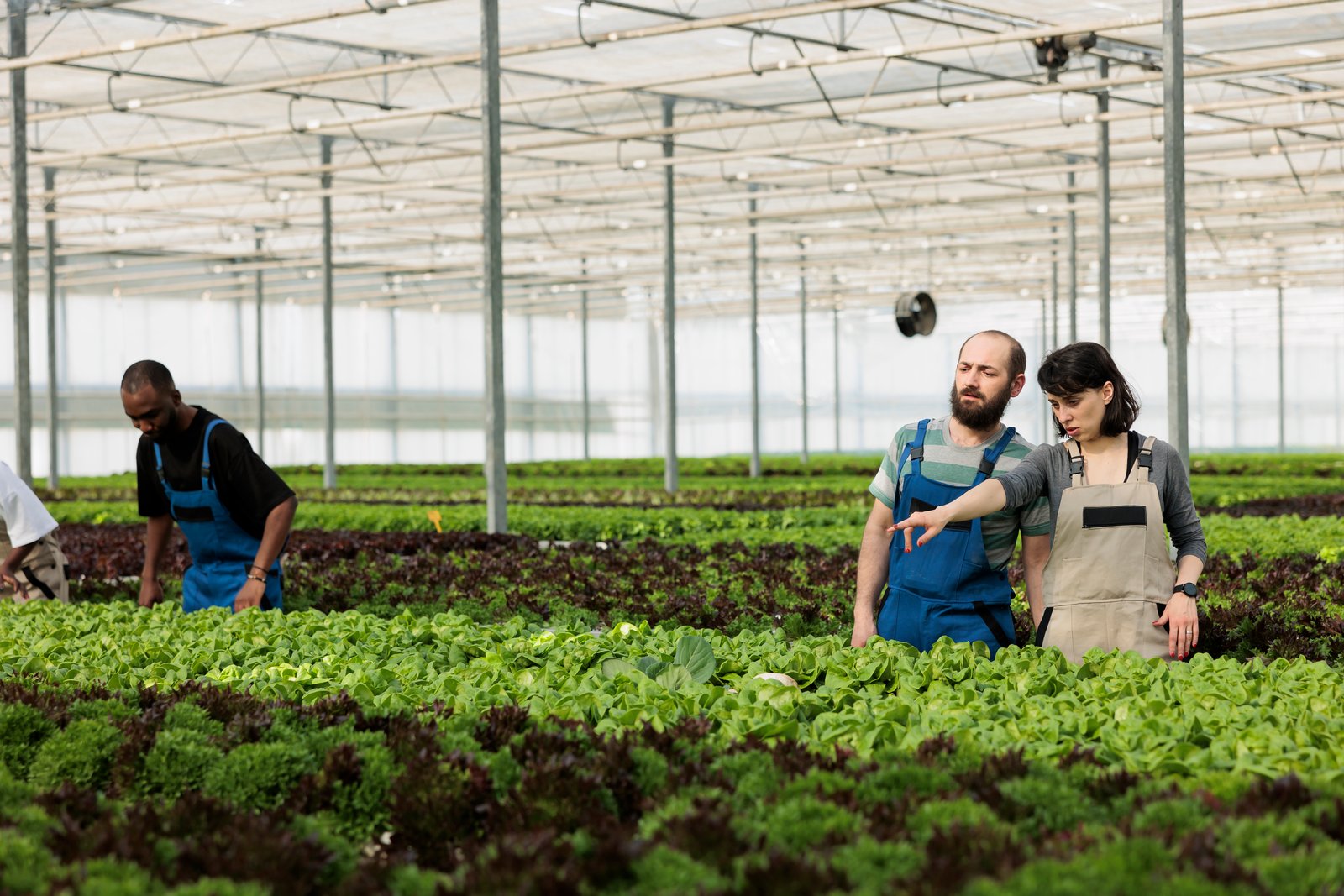Northeast Georgia is at the forefront of sustainable agriculture, combining traditional farming techniques with modern innovations to create a lasting impact on the environment and the economy. As demand for eco-friendly and ethically sourced products grows, farmers in the region are adopting practices that prioritize soil health, water conservation, and biodiversity. These efforts not only enhance crop yield and quality but also reduce the carbon footprint of agriculture. From farm-to-table initiatives to regenerative farming methods, sustainable practices are transforming agriculture into a model of efficiency and resilience. This article explores the sustainable agriculture practices shaping Northeast Georgia, their benefits for farmers and the environment, and the opportunities they create for the future. Whether you’re a farmer, investor, or advocate for green practices, this guide will provide valuable insights.
Key Sustainable Practices in Northeast Georgia
Farmers in Northeast Georgia are implementing innovative techniques to promote sustainability.
- Crop Rotation: Helps maintain soil fertility and reduces the need for chemical fertilizers.
- Water Conservation: Use of drip irrigation and rainwater harvesting systems minimizes water waste.
- Integrated Pest Management (IPM): Reduces the use of harmful pesticides by utilizing natural pest predators and biological controls.
- Cover Cropping: Prevents soil erosion, improves soil health, and sequesters carbon.
These practices help farmers reduce costs, improve productivity, and protect the environment.
Economic Impact of Sustainable Agriculture
Sustainable agriculture is a significant driver of economic growth in Northeast Georgia.
- Increased Market Demand: Consumers are willing to pay premium prices for organic and sustainably produced goods.
- Local Job Creation: Sustainable farming practices require skilled labor, creating new employment opportunities.
- Export Opportunities: The demand for eco-friendly products is growing globally, opening new markets for Northeast Georgia’s farmers.
By prioritizing sustainability, farmers can increase their profitability while meeting consumer preferences for green products.
Environmental Benefits of Sustainable Farming
Adopting sustainable practices has a profound impact on the environment in Northeast Georgia.
- Soil Health: Practices like crop rotation and reduced tillage enhance soil quality and reduce erosion.
- Biodiversity: Preserving natural habitats and planting diverse crops support local ecosystems and pollinators.
- Climate Change Mitigation: Sustainable farming reduces greenhouse gas emissions and increases carbon sequestration.
These environmental benefits not only preserve natural resources but also ensure long-term agricultural viability in the region.
Challenges and Support for Farmers
Despite its benefits, transitioning to sustainable practices presents challenges for farmers.
- High Initial Costs: Investing in equipment and training can be expensive.
- Knowledge Gaps: Farmers may require education and support to implement new methods effectively.
- Support Systems: Organizations like the University of Georgia Extension offer workshops and resources to help farmers transition.
Farmers can also access state and federal grants to offset the costs of adopting sustainable practices.
Future Opportunities in Sustainable Agriculture
The future of agriculture in Northeast Georgia lies in innovation and collaboration.
- Technological Integration: Precision agriculture tools, such as drones and AI, can optimize resource use and improve efficiency.
- Farm-to-Table Initiatives: Direct-to-consumer models, such as farmers’ markets and CSAs (community-supported agriculture), are gaining popularity.
- Agroforestry: Combining trees and crops in a symbiotic system offers both environmental and economic benefits.
By staying ahead of industry trends, farmers in Northeast Georgia can lead the way in sustainable farming.
Conclusion
Sustainable agriculture is shaping the future of farming in Northeast Georgia, offering economic, environmental, and social benefits. By adopting eco-friendly practices, farmers are improving productivity while preserving the region’s natural resources for future generations. Whether you’re a consumer, business owner, or farmer, supporting sustainable agriculture can drive meaningful change. Learn more about how sustainable farming is transforming Northeast Georgia by exploring resources and opportunities on our website.












